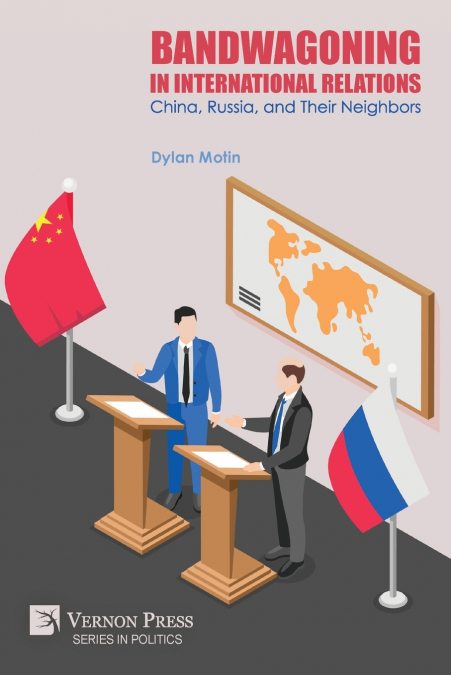
 Librería Perelló (Valencia)
Librería Perelló (Valencia)
 Librería Aciertas (Toledo)
Librería Aciertas (Toledo)
 El AlmaZen del Alquimista (Sevilla)
El AlmaZen del Alquimista (Sevilla)
 Librería Elías (Asturias)
Librería Elías (Asturias)
 Librería Kolima (Madrid)
Librería Kolima (Madrid)
 Donde los libros
Donde los libros
 Librería Proteo (Málaga)
Librería Proteo (Málaga)
Whether states balance against or bandwagon with threatening great powers remains an unsolved problem for international relations theory. One school argues that military power compels minor powers to accommodate threats, while another defends that it elicits balancing instead. With the emergence of potential hegemons in both Asia and Europe - namely China and Russia - understanding state alignment is more urgent than ever. This book shows that bandwagoning has been a rare choice in contemporary Asia and Europe. The only states that chose bandwagoning with China or Russia faced both conflicts with third rivals and low levels of U.S. assistance. Going further, I divide bandwagoning between full alignment, survival accommodation, and profit accommodation. Bandwagoners choose among these three options based on the severity of the threat posed by the potential hegemon, the intensity of third conflicts, and the level of U.S. assistance. I test this novel theory against three European (Armenia, Belarus, and Serbia) and four Asian (Cambodia, Myanmar, North Korea, and Pakistan) cases. This study is the first to provide an exhaustive and compelling explanation of bandwagoning fully compatible with neorealism and adds to the balancing-bandwagoning debate. Beyond scholarly implications, this research’s findings offer advice for policymakers concerned with the changing balance of power in Asia and Europe and how to counter China and Russia’s influence.